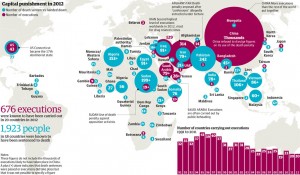
Acting out in class? Your race could be an influential factor in whether you’re referred to the school psychologist of the local police force, says a new study featured in Sociology of Education. According to study author David Ramey, disadvantaged school districts—those with low graduation rates, high unemployment, and low incomes—are more likely to punish black students for behavioral issues than they are to seek medical or psychological support services.
Ramey recently explained his findings to The St. Louis American, noting that despite decreases in overall crime rates since the 1990s, the increase in media coverage of crime and the rash of school shootings have increased concerns about school safety. However, some students are being policed significantly more than others:
The bulk of my earlier research looked at how, for the same minor levels of misbehaviors—for example, classroom disruptions, talking back—white kids tend to get viewed as having ADHD, or having some sort of behavioral problems, while black kids are viewed as being unruly and unwilling to learn.
As a result, school districts with higher percentages of black students also have significantly higher rates of expulsions, suspensions, and law enforcement referrals than predominantly white schools.
For more research on how school punishments affect later educational achievement, see “The Social Costs of Punishment, From Prisoners to Pupils,” and, for research on how grade retention affects learning, see “Held Back.“

